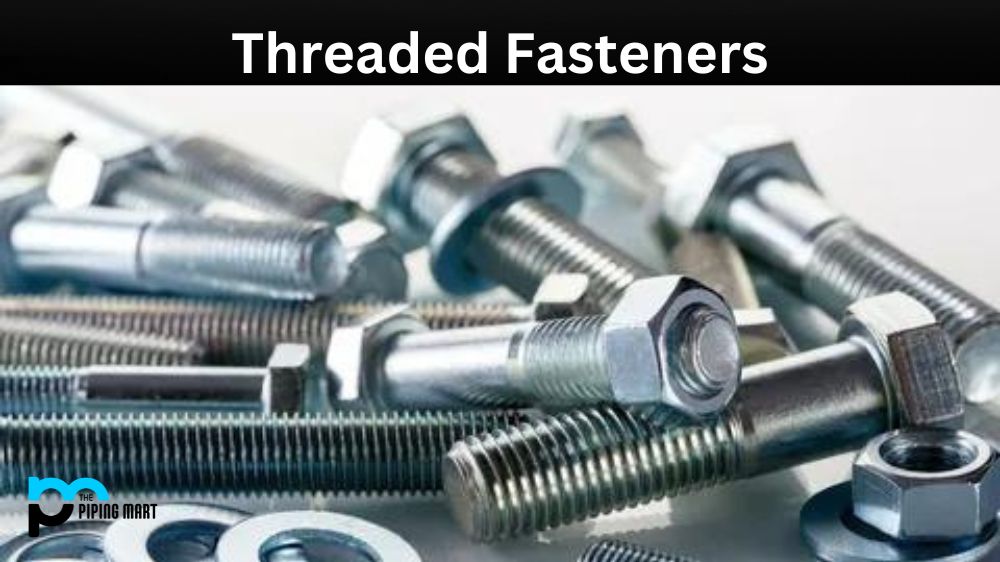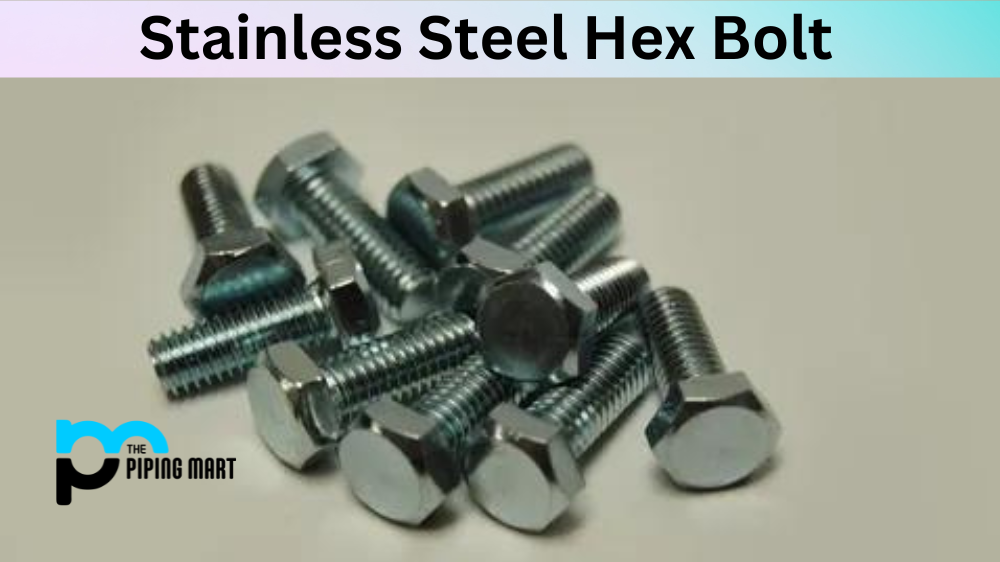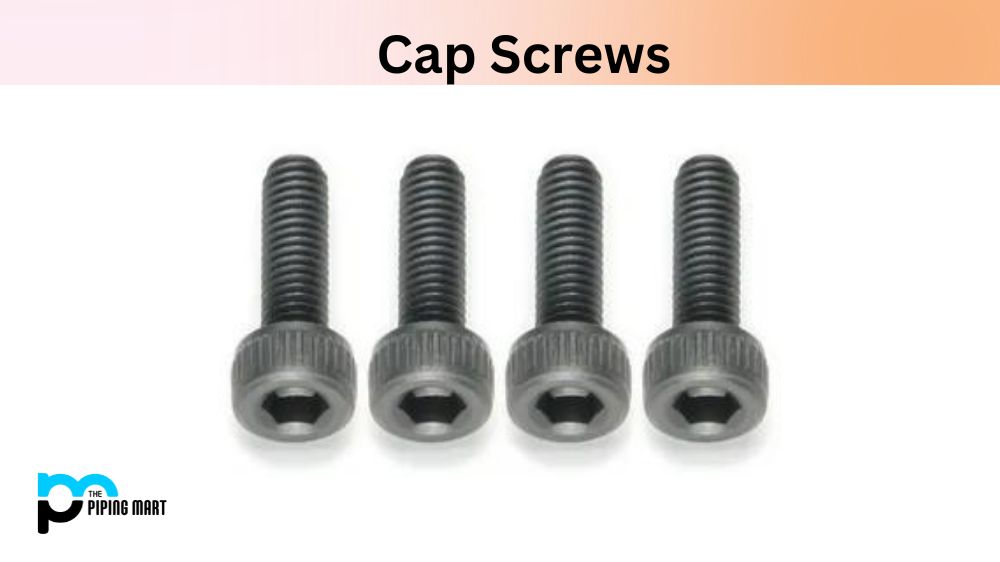When choosing the right fastener for your project, it is essential to understand the different types of threaded fasteners and their uses. Threaded fasteners comprise bolts, screws, nuts, washers, and studs, each with a specific purpose. Understanding the diverse array of threaded fasteners can help you achieve a better result on your project. This blog post will discuss the different types of threaded fasteners and their uses.
What is Threaded Fasteners?
Threaded fasteners are mechanical devices used to create non-permanent joints between two or more pieces of material. They work by tightening the screw into a tapped hole, forming an internal thread on the component being secured. This results in a tight and secure joint that can be easily disassembled, making them ideal for use in products that require periodic maintenance or alteration.
Types of Threaded Fasteners
Bolts:
Bolts are the most common type of threaded fasteners used in a wide range of applications. A bolt is a threaded fastener with external threads requiring a nut to complete the connection. Bolts are available in different sizes, lengths, and materials, making them versatile and suitable for nearly any project.
Screws:
Screws are threaded fasteners different from bolts; they have internal threads that cut into the material and do not require a nut. Screws have several uses, such as holding two pieces of material together, creating threads in the material, and providing a detachable connection.
Nuts:
Nuts are threaded fasteners that have internal threads that fit onto bolts and screws. They provide a secure connection and prevent the bolt or screw from coming loose. Nuts come in different sizes and materials. There are hex nuts, wing nuts, cap nuts, and many more.
Washers:
Washers are used to distribute the load and protect the material’s surface. They are thin and flat, and their primary purpose is to increase the fastener’s bearing surface and provide a smooth, even surface for tightening the nut or bolt.
Studs:
Studs are threaded fasteners with threads on both ends, generally used for applications requiring a removable, strong connection. Studs are commonly used in engines, automotive applications, and machinery, providing a secure connection and making removing components easy.
Conclusion:
Threaded fasteners are essential components in assembling and joining different materials. Knowing the different types of threaded fasteners and their uses can save you time and money in selecting the right fastener for your project. In summary, bolts need nuts, screws have their threads, nuts are for securing the bolt or screw, washers protect material surfaces, and studs provide a strong and removable connection. With this knowledge, you can be confident in selecting and applying threaded fasteners.

Hey, I’m Krutik, a casual blogger expert in the metal industry. I am passionate about providing valuable information to my readers. With a background in engineering and construction, I like playing Cricket & watching Netflix shows in my free time. Thank you for visiting my blog, and I hope you find my information helpful!




